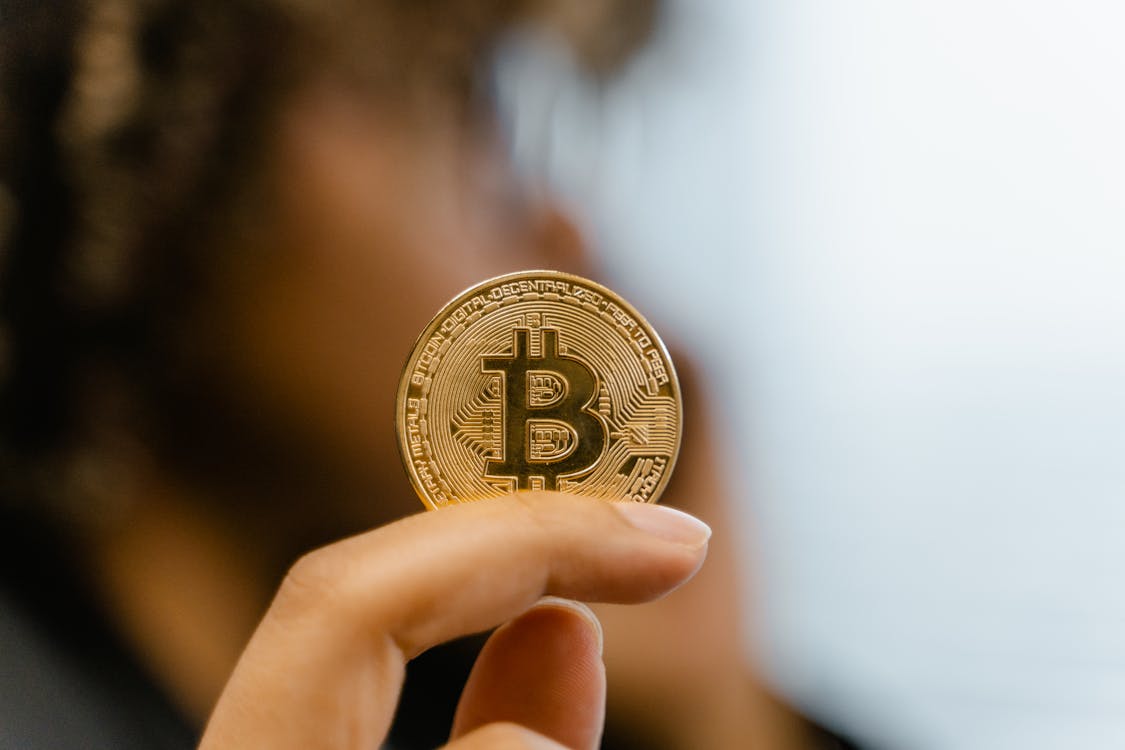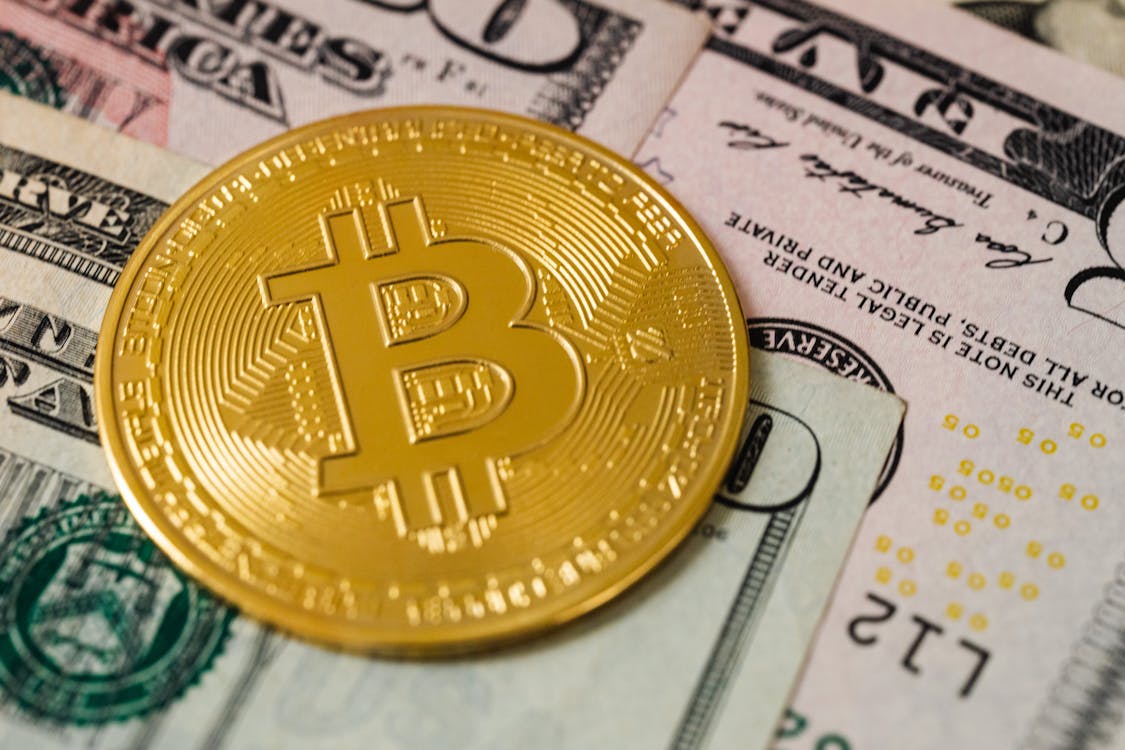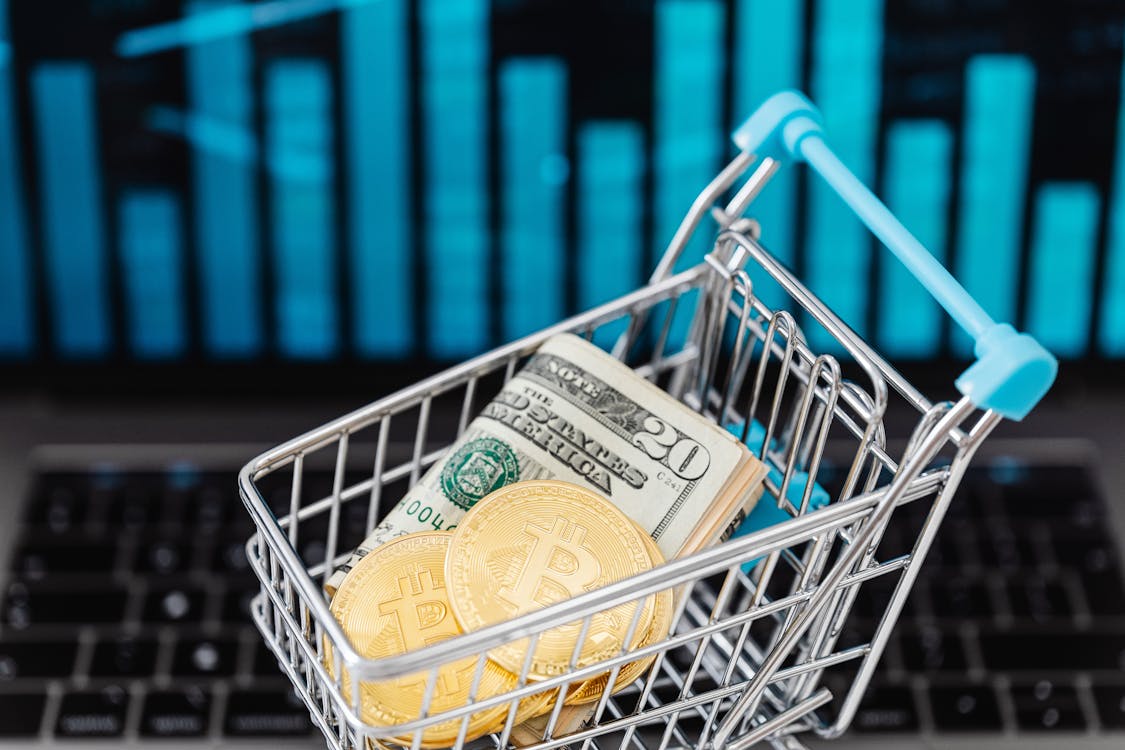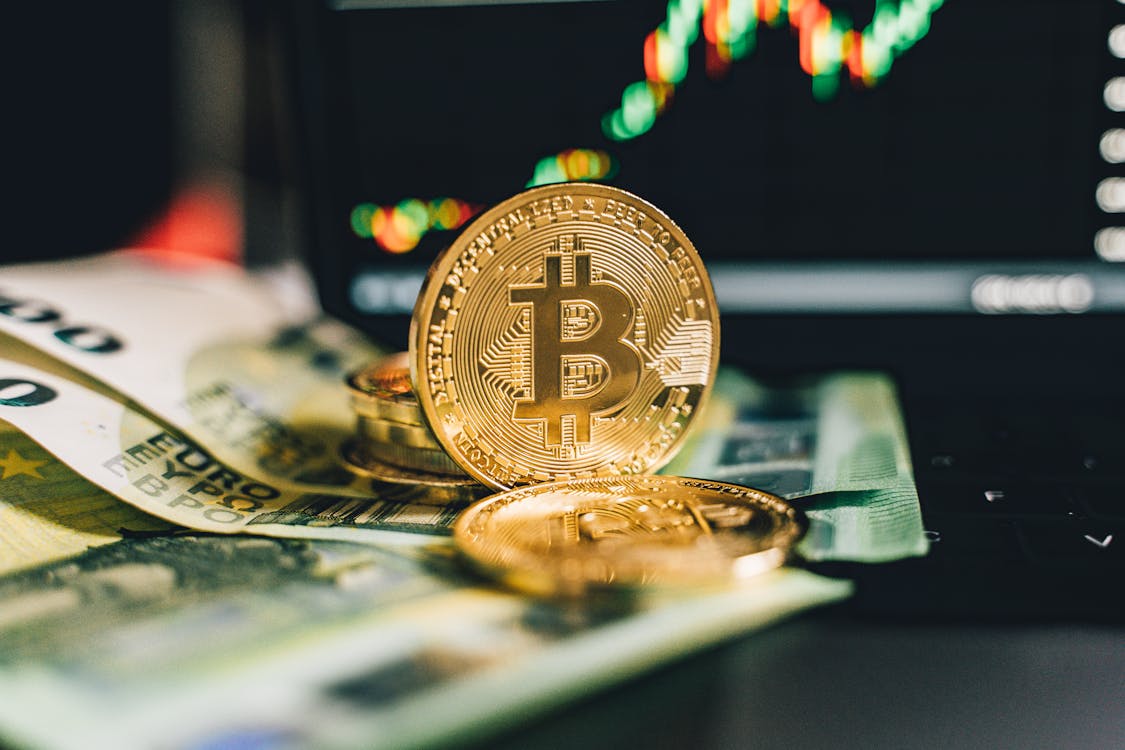Bitcoin has risen in popularity over the last few years, and it has become difficult to talk about cryptocurrencies without mentioning Bitcoin first and foremost. As with any investment opportunity, you should make sure you have plenty of knowledge about what you’re planning to spend your money on before making an investment, especially one that could see high returns but also equally high losses. Here are 10 things you should know before investing in Bitcoin.
1) Bitcoin is Volatile

Bitcoin is a great investment opportunity but it comes with risk. Volatility means that the price of bitcoin can fluctuate up and down. There is always a chance that bitcoin will go to zero, but there is also a chance it will skyrocket in value. It’s important to understand the risks of investing so you can make an informed decision about whether or not to invest.
2) There is a Limited Supply of Bitcoin
One reason bitcoin is gaining popularity is that there is a limited supply of bitcoins. Currently, there are about 16.4 million bitcoins in circulation. However, the number of bitcoins generated per day—the so-called mining rate—is not constant. It varies based on how much computing power is used to generate new coins.
3) Bitcoin is decentralized

Bitcoin is decentralized, meaning there’s no central bank, company, or government that can control the currency. What’s more, it has a finite supply of coins (21 million) and transactions are confirmed by a network of miners.
4) Bitcoin is pseudonymous
Bitcoin is pseudonymous, meaning that unlike with a credit card where you’re required to provide your full name and address, you can buy and sell bitcoin without having to reveal any personal information. This makes it difficult for law enforcement officers to track down the real identity of the person behind the transaction. It also means that bitcoin transactions are generally irreversible, which is something that may concern some potential investors.
5) Transactions are irreversible

Bitcoin transactions are irreversible. If you send funds to the wrong address, there is no way to get them back. This can be a problem when sending money to friends or family members because it may be difficult to find out who actually owns the address. There have been cases where people sent funds to a scammer and lost all of their bitcoins.
6) The price is driven by speculation
Bitcoin is a cryptocurrency and worldwide payment system. It operates on a decentralized, peer-to-peer network, with no central authority or banks to regulate it. The price of bitcoin is driven by speculation, but may also be affected by supply and demand.
7) Bitcoin is still experimental

Bitcoin is an experimental currency and store of value. It is still too early to tell if it will last. If you buy bitcoin, there is a chance that it will go up, but there is also a chance that it will go down. The most important thing you should know before investing in bitcoin is to be prepared to lose everything, because the risks are higher than with other forms of investment.
8) Security is a concern
Bitcoin is the new craze with many investors. But before you jump on the bandwagon, there are a few things you should know. One concern is that while Bitcoin transactions are anonymous, they can be traced back to a purchase point via IP address. If someone steals your Bitcoin wallet, they will have access to all of your funds. And if your computer gets hacked or you lose your phone, it’s possible for hackers to steal all of your Bitcoins too.
9) Regulation is still undefined

The U.S. government has not come out with any regulation for cryptocurrencies, which means that if you decide to invest your money into bitcoin, you’re taking a risk–a big one. The value can go up or down at any time and there’s no way to predict it so far in advance.
10) Bitcoin adoption is increasing
Bitcoin is a cryptocurrency and worldwide payment system. The system works without a central repository or single administrator, which has led the US Treasury to categorize it as a decentralized virtual currency. Unlike traditional currencies such as dollars, bitcoins are issued and managed without any central authority whatsoever: there is no government, company, or bank in charge of Bitcoin. As such, it is more resistant to wild inflation and corrupt banks.
